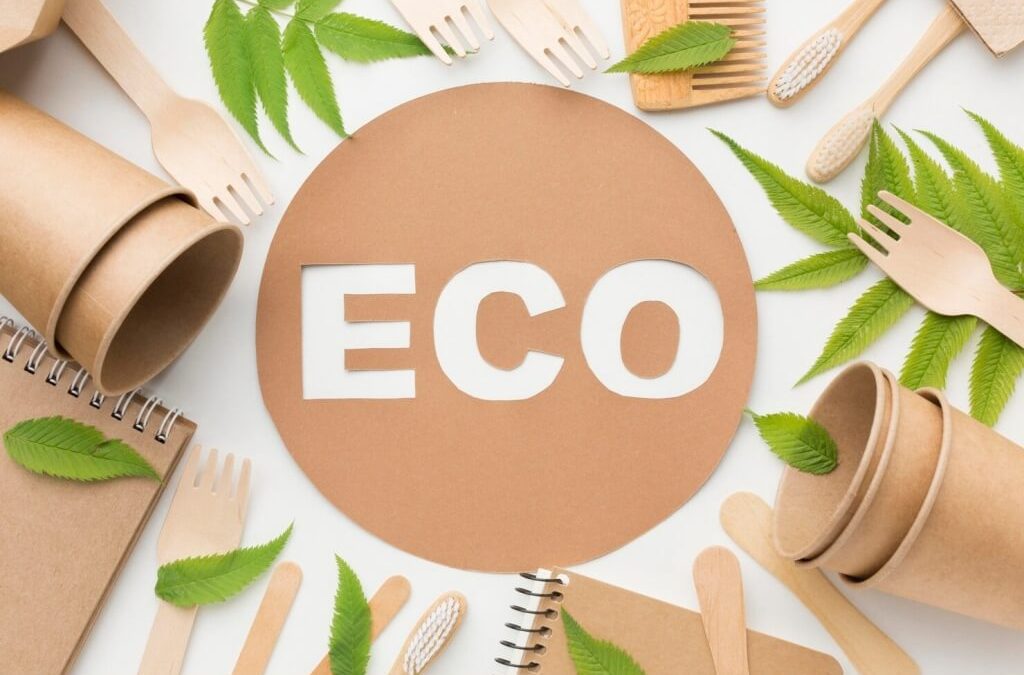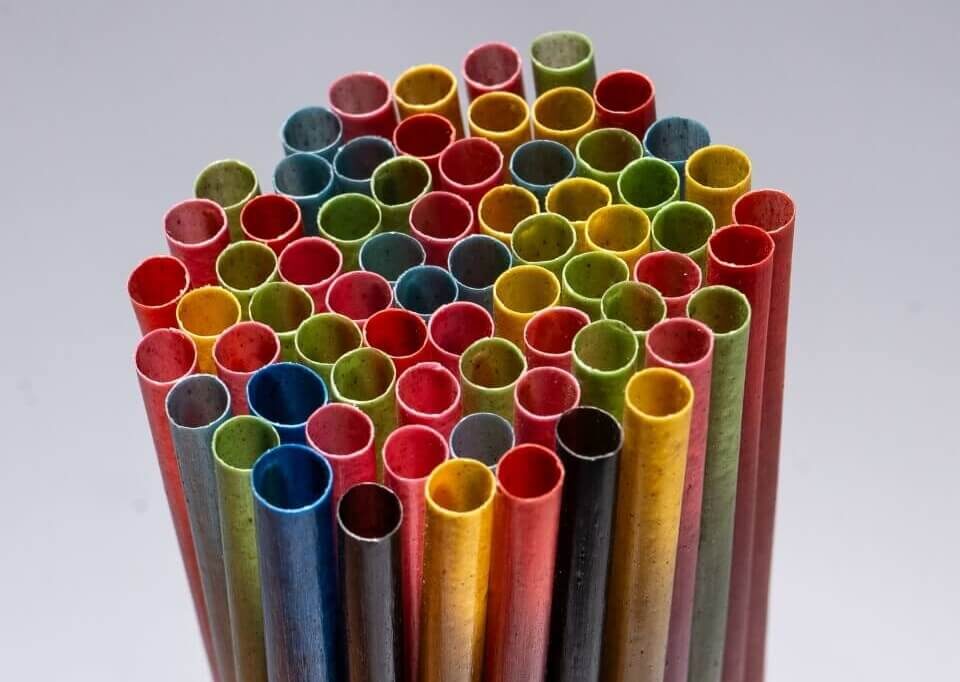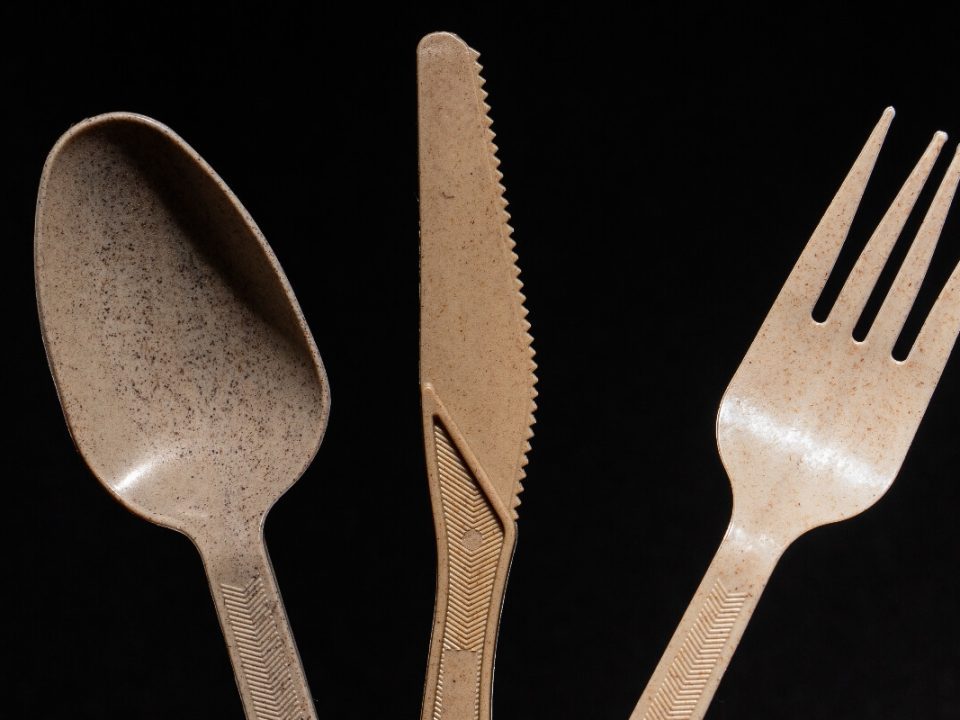Discover Why Biodegradable Cutlery and Straws Are the Future
Goodbye to Plastic? Discover Why Biodegradable Cutlery and Straws Are the Future
For decades, plastic cutlery and straws were the norm in restaurants, cafes, and events around the world. Today, that reality is changing. Biodegradable alternatives are gaining ground and are no longer seen as a passing fad, but as an urgent response to a relentless environmental problem.
Changes in legislation are setting the tone
Several governments have begun to take action on the matter. The European Union, for example, banned the sale of single-use plastic cutlery starting in 2021. India followed suit in 2022, and Canada closed the door to these products from the end of 2023.
In the United States, although there is no federal ban, states such as California, New York, and Colorado already impose strict regulations to limit their use. This has opened the door to a growing market for sustainable alternatives.
“Regulatory pressure has been key in driving change. Companies are responding, and consumers are also demanding it,” says Ana Rodríguez, a consultant in sustainability and the circular economy.
A growing market
According to data from Fortune Business Insights, the global market for biodegradable cutlery reached an estimated value of $42 million in 2023 and could exceed $73 million by 2032. Other sources, such as the IMARC Group, project steady annual growth of more than 4%.
This upswing is due not only to regulations, but also to greater consumer awareness and innovation within the sector.
Alternatives that are not only green, but also creative
Some proposals are surprising for their creativity. In India, the company Bakeys has developed edible cutlery made from rice, wheat, and sorghum. If not consumed, they degrade in less than a week.
“Every time we use a plastic fork, we are leaving a footprint that could last for centuries. In contrast, these products not only degrade, but can be eaten,” commented Narayana Peesapaty, founder of Bakeys, in a recent interview.
These types of solutions demonstrate that innovation does not have to be at odds with functionality.
Companies that have already joined the change
Several companies are adopting biodegradable utensils as part of their environmental responsibility strategies. Delta Airlines, for example, replaced its plastic cutlery with options made from corn starch, allowing them to reduce the use of approximately 12 million pieces of plastic annually.
A European coffee chain reported a 60% drop in plastic waste after replacing conventional spoons with wooden utensils. They also noted an 18% increase in customer satisfaction, who appreciated the eco-friendly initiative.
Environmental and Health Benefits
Plastic not only pollutes the environment; it can also release toxic substances when it comes into contact with hot or acidic foods. Many of today’s biodegradable cutlery are made from safe materials, free of chemicals like BPA and phthalates.
Additionally, when properly composted, they become useful organic matter, nourishing the soil instead of polluting it.
A study by the University of Michigan found that compostable utensils generate up to 70% fewer greenhouse gas emissions compared to their plastic counterparts.
And for business?
Beyond the environmental impact, companies also have economic and strategic reasons to join. Adopting biodegradable alternatives improves brand perception, reduces waste management costs, and can open doors to tax incentives in certain regions.
“Brands that adopt sustainable practices today are not only helping the planet. They are investing in their reputational and commercial future,” explains Javier Montes, a green marketing specialist.






